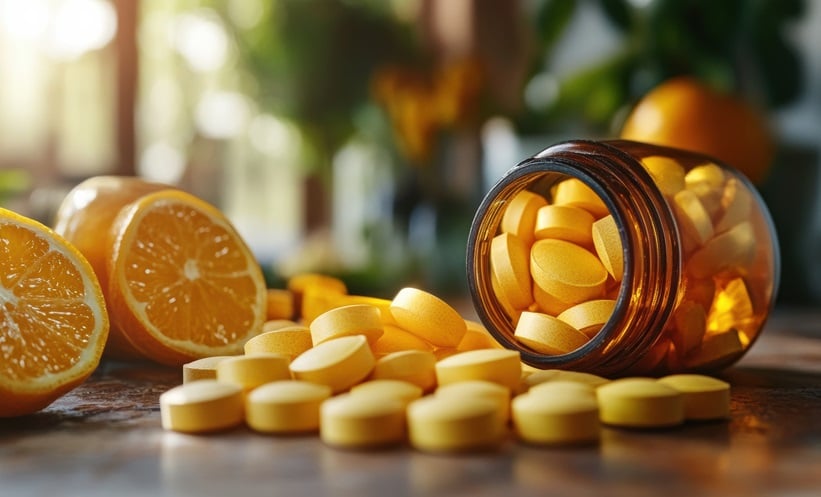HIGH-DOSE vitamin D supplementation combined with standard urotherapy significantly improves voiding frequency and other symptoms in children with overactive bladder (OAB-dry), particularly in those with vitamin D levels between 20 and 35 ng/mL or heightened baseline symptom severity, compared to solifenacin with standard urotherapy or standard urotherapy alone.
Overactive bladder in children can impact quality of life and long-term urological health, with standard treatments often showing variable effectiveness. Vitamin D deficiency has been implicated in lower urinary tract dysfunction, prompting investigation into whether supplementation can enhance outcomes for children with OAB-dry. This secondary analysis of a randomised controlled trial aimed to evaluate the efficacy of high-dose vitamin D supplementation alongside standard urotherapy in managing paediatric OAB-dry, focusing on children with moderate vitamin D levels and those with severe initial symptoms.
A total of 303 children were included, with 197 (65%) having vitamin D levels between 20 and 35 ng/mL and 119 (39%) presenting with severe baseline symptoms. Participants were allocated to one of three groups: high-dose vitamin D plus standard urotherapy (VDS+SU), solifenacin plus standard urotherapy (SOL+SU), or standard urotherapy alone (SU). Over eight weeks, voiding frequency was the primary outcome, with urgency, nocturia, quality of life, and patient satisfaction as secondary measures. In the moderate vitamin D subgroup, VDS+SU reduced median voids/day by 2.0 more than SOL+SU (95% CI, 1.0–3.0; P=0.003) and by 3.2 compared to SU alone (P<0.001). For children with severe symptoms, VDS+SU decreased voids/day by 3.0 compared to SOL+SU (95% CI, 2.0–4.0; P<0.001) and by 5.0 relative to SU alone (95% CI, 4.0–6.0; P<0.001), outperforming in most secondary outcomes.
These findings suggest high-dose vitamin D supplementation combined with standard urotherapy offers a significant therapeutic advantage for managing OAB-dry, particularly in children with suboptimal vitamin D levels or severe symptoms. Incorporating vitamin D assessment and supplementation into treatment protocols could enhance clinical outcomes and patient satisfaction in this population. Future research should explore long-term benefits and the role of vitamin D in broader paediatric urological conditions.
Abigail Craig | EMJ
Reference
Chen H et al. Efficacy of high-dose vitamin D supplementation vs. solifenacin or standard urotherapy for overactive bladder dry in children: a secondary analysis of a randomized clinical trial. World J Urol. 2024 22;42(1):586.








